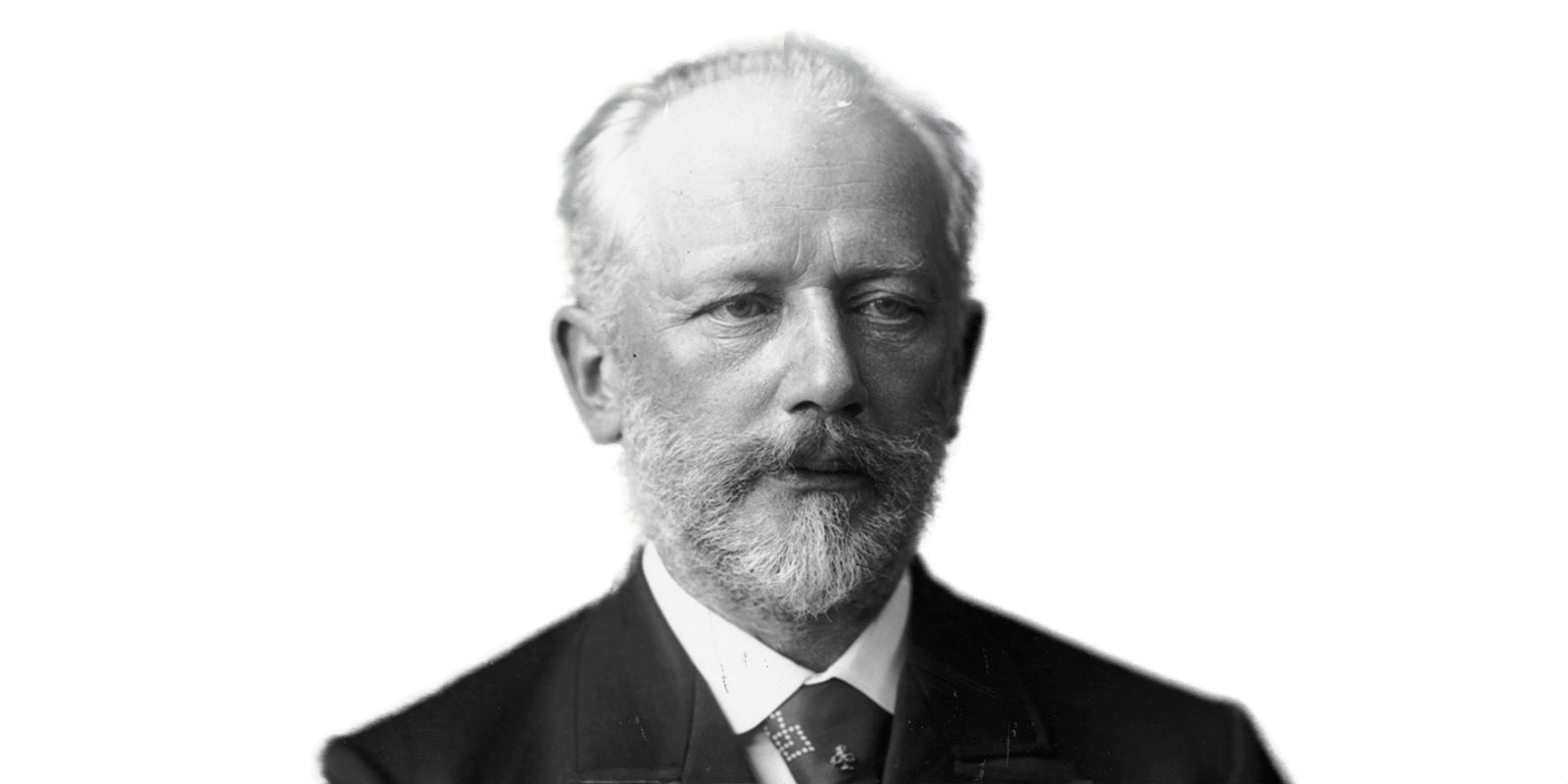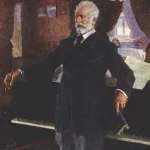
11.12.2022
It is worth noting that the Moscow Conservatory at that time (in 1866) was also just beginning to exist. In fact, at that time there was no domestic school teaching performing or composing skills.
There were scattered translations of Western textbooks, separate classes of teachers who did not become concert musicians, but passed on their skills to their students according to the “do as I do” principle.
Tchaikovsky not only lectured, he wrote many curricula and textbooks himself and translated some from foreign sources. The recordings of lectures by his pupil, the outstanding Russian composer Sergei Taneyev, remain, and they show the depth of his knowledge and his ability to analyse music thoughtfully from the point of view of structure, form and elements. This is a titanic methodological work that is impossible to overestimate.
Thanks to Pyotr Ilyich’s efforts, the training of Russian musicians and especially composers acquired a system, a method, and an integrity. For a long time this part of his biography was omitted and considered an insignificant episode. This was blamed on Tchaikovsky’s own statements that pedagogical work was a burden on him and that his pupils were foolish and ignorant. But all of these words utterly fail to reflect the truth: Tchaikovsky’s appearance as a teacher in the national musical culture of that time prefigured the emergence of a school of Russian composers and unique, distinctive and brilliant composers for centuries. This is a whole milestone in national musical pedagogy.
It is remarkable that Tchaikovsky made such a serious contribution to teaching and criticism, almost without reducing time for his own compositions. This characterizes him as a man of monstrous capacity for work, a workaholic who threw every minute of his earthly existence on the altar of Music.




